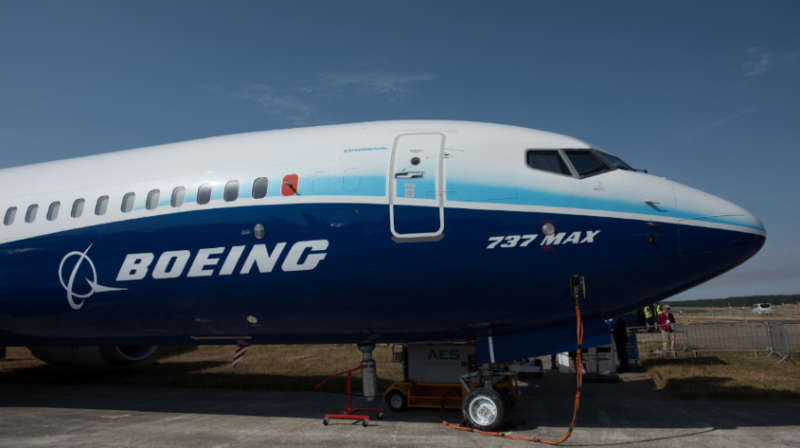Boeing Expected To Face Criminal Charges
Federal prosecutors have recommended to senior Justice Department (DOJ) officials that criminal charges be brought against Boeing, according to sources who spoke with Reuters.
This recommendation follows findings that Boeing violated a settlement agreement related to two fatal crashes involving its 737 MAX jets in 2017 and 2018. The Justice Department faces a July 7 deadline to decide whether to prosecute Boeing.
In May, federal officials determined that Boeing breached a 2021 deferred prosecution agreement (DPA). This agreement, which had protected Boeing from criminal conspiracy charges to commit fraud, required the company to overhaul its compliance practices and submit regular reports to the DOJ. Additionally, Boeing agreed to pay $2.5 billion to settle the investigation. The DPA was set for a three-year term.
Boeing has not yet commented on the recent findings, but company executives have previously insisted they have “honored the terms” of the DPA. Earlier this month, Boeing communicated to the DOJ its disagreement with the department’s assertion of violation. Currently, discussions are ongoing between the two parties to reach a potential resolution, and it remains uncertain if charges will be brought.
The sources did not specify the exact nature of potential criminal charges but indicated they could go beyond the original 2021 fraud conspiracy charge. Alternatives to prosecution might include extending the 2021 settlement by a year or imposing new, stricter terms.
Possible solutions also include financial penalties and the appointment of a third-party monitor to oversee Boeing’s compliance. The DOJ might require Boeing to admit wrongdoing by pleading guilty, a step the company hopes to avoid. A guilty plea could severely impact Boeing’s operations, especially its contracts with the federal government, including the Department of Defense.
The 737 MAX jets were involved in two catastrophic crashes: Lion Air Flight 610 in October 2018 and Ethiopian Airlines Flight 302 in March 2019, which collectively claimed 346 lives. These tragedies led to a global grounding of the 737 MAX fleet and prompted intense scrutiny over Boeing’s safety practices and regulatory oversight.
Under the terms of the 2021 DPA, Boeing was to implement rigorous compliance measures and undergo regular assessments to ensure adherence. However, the recent findings suggest that the company may have fallen short of these obligations, reigniting calls for accountability and stringent regulatory enforcement.
As the DOJ weighs its options, Boeing’s future remains uncertain. The company’s reliance on federal contracts adds a layer of complexity to the situation, making the potential consequences of a guilty plea particularly severe. For now, industry observers and stakeholders await the DOJ’s decision, which will have significant implications for Boeing’s legal and operational standing.

